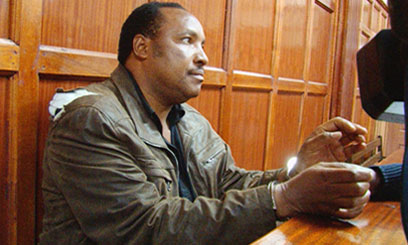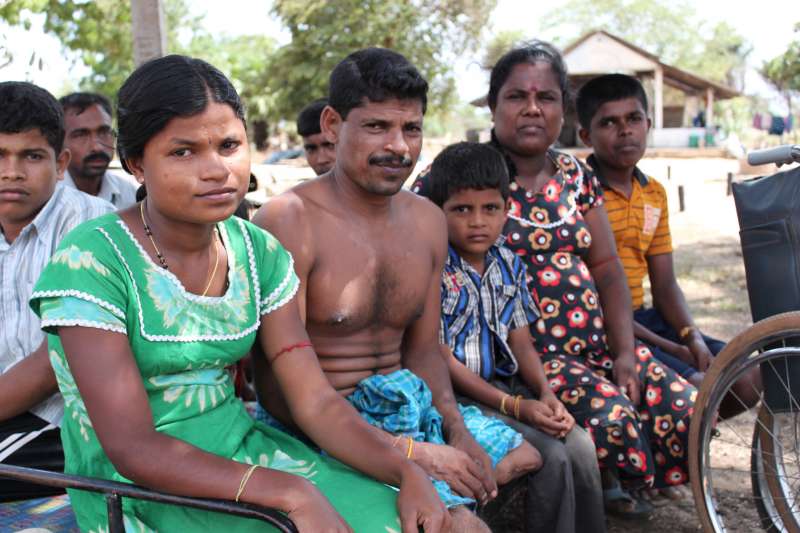By Justin Dorman
Impunity Watch Reporter, Middle East
RIYADH, Saudi Arabia – Wednesday, the Nigerian government reported that approximately 200 of its women were deported from Saudi Arabia. Another 900 had been detained in Mecca, and three planes were turned around from Medina. The women had attempted to enter the country to take part in a hajj, a pilgrimage to Mecca, the holiest city in Islam, that is mandated by their religion. They were turned away for not having a male guardian with them.

In the the eyes of Saudi law, women are no different from children. As legal minors, they cannot work, leave the country, and often, receive medical treatment, without the consent of a male relative. These women flew into Saudi Arabia’s Jeddah airport, expecting to take part in a holy pilgrimage. Abubakar Shehu Bunu, Nigeria’s Saudi ambassador, claimed it had been agreed that the Nigerians could partake in their hajj as long as they were chaperoned by local authorities. But instead, the Saudi ministry would not permit any woman under the age of forty-five to enter the country without a male guardian.
Those who were detained reported horrendous treatment by the Saudis. The National Hajj Commission of Nigeria remarked that the women had been kept “in very poor living conditions” where some needed “urgent medical attention.” Nigeria is home to approximately eighty million Muslims, the largest Muslim population in sub-Saharan Africa. One of the five pillars of Islam mandates that all Muslims who are able to must make at least one pilgrimage in their lifetime.
Halima Muhammad was one of the women who had been detained. She claimed that, “[f]rom the airport we were all rounded up and taken to a facility that is not fit for humans. No one offered us anything, we had only water and slept on bare floors.”
“Some of us were kept in two halls for five days in humiliating conditions with little food, water and other basic needs and inadequate toilet facilities,” reported Zainb Mohammed, another detainee. “Many of us have cold and fever. We did not have blankets and it was cold, especially at night.”
Saudi Arabia’s actions have greatly disturbed relations between itself and Nigeria. Namadi Sambo, Nigeria’s Vice President, said that if Saudi Arabia was not going to permit its pilgrims to perform hajj that it should have let them know that in advance. Bunu has filed a formal complaint with the Saudi authorities. In response to the deportations and detentions, former governor and Nigerian Muslim leader Lawan Kaita called the incident “a slap in the face for Nigeria and all Muslims. Saudi Arabia has the privilege of being hosts, but it shouldn’t stop others from coming to do the hajj.”
These women came to Saudi Arabia from Nigeria believing that they were fellow Muslims, but ultimately ended up feeling as if they were infidels.
“We were held like criminals in debasing conditions,” stated Maryam Abdulah, another one of the many who were denied access. “We deserve human treatment and as women and mothers, we deserve to be treated with honour but the Saudis have shown that they have no heart.”
For further information, please see:
Al Jazeera – Nigeria Stops Hajj Flights Over Deportations – 28 September 2012
The National – Detention of Almost 1,000 Femal Haj Pilgrims Causes Diplomatic Rift – 28 September 2012
Arabian Business – Nigeria Says Saudi Deported 150 Female Pilgrims – 27 September 2012
Guardian (UK) – Nigeria Protests After Saudis Deport Female Hajj Pilgrims – 27 September 2012
Radio Netherlands Worldwide Africa – Saudi Denies Entry to Some 1,000 Nigerian Women for Hajj – 26 September 2012



